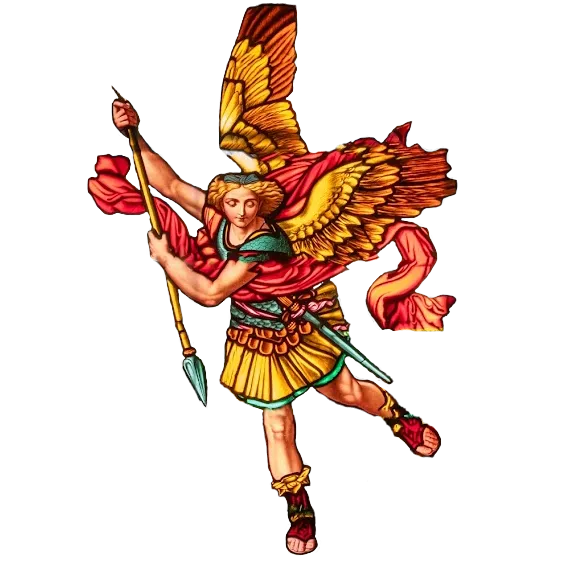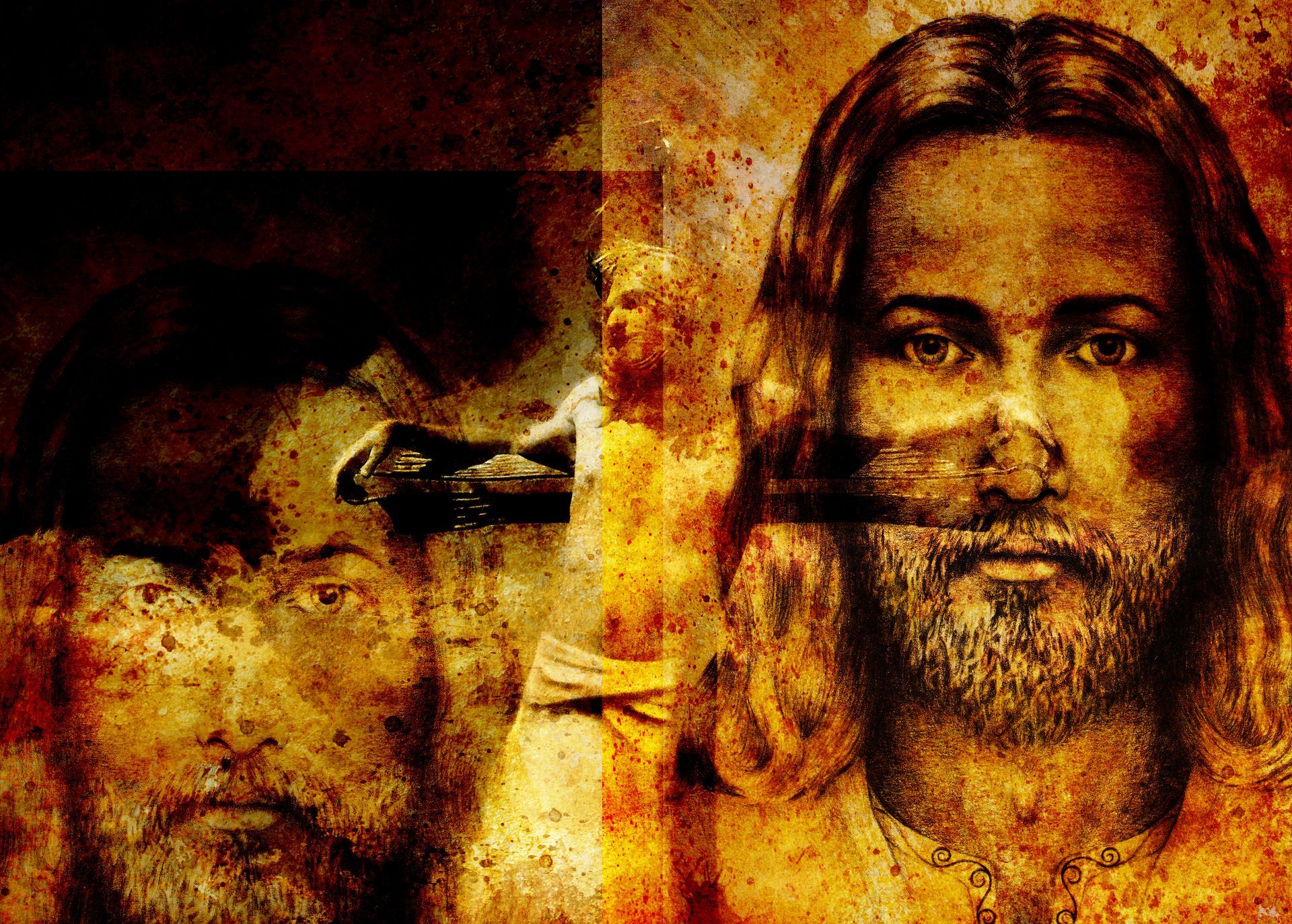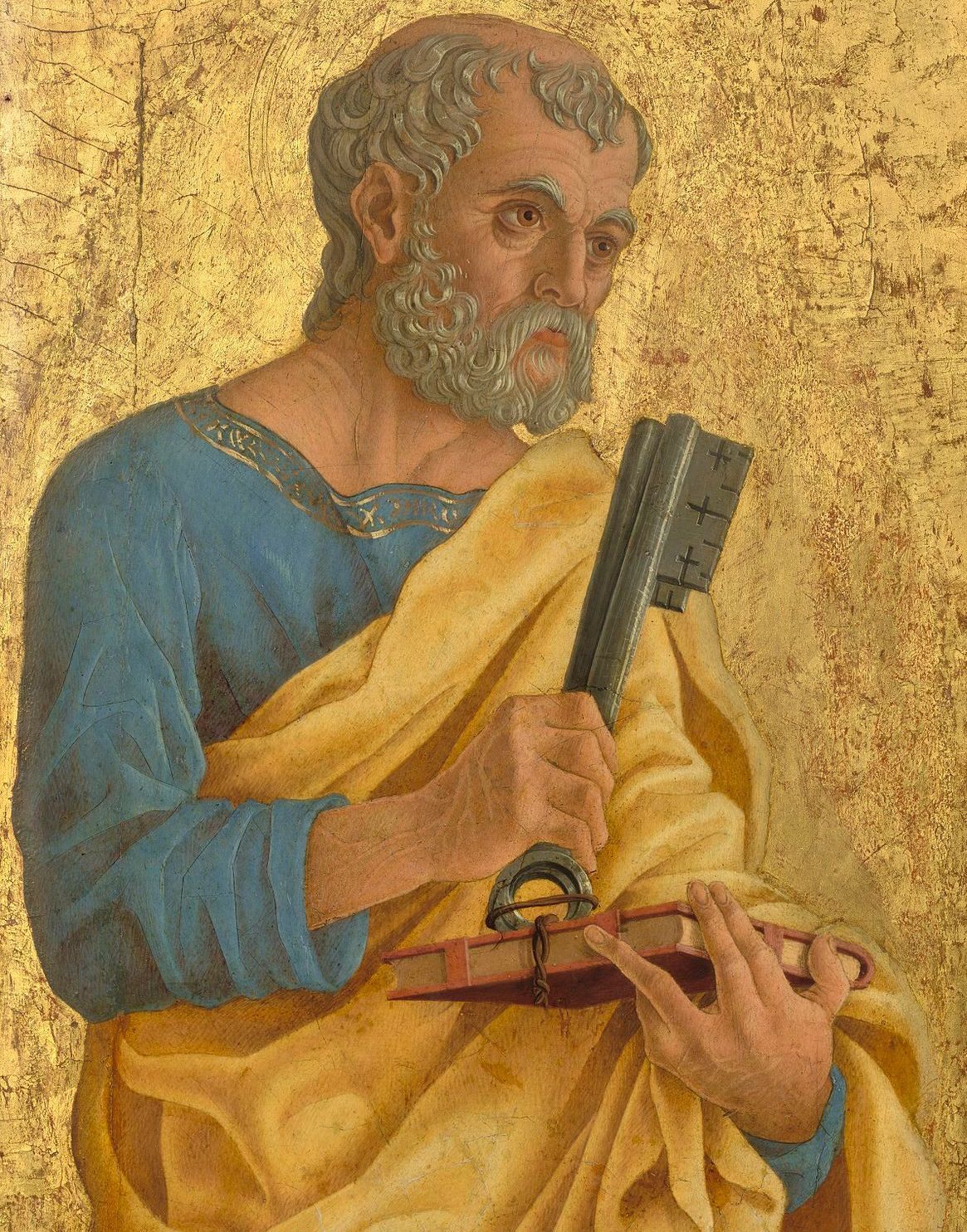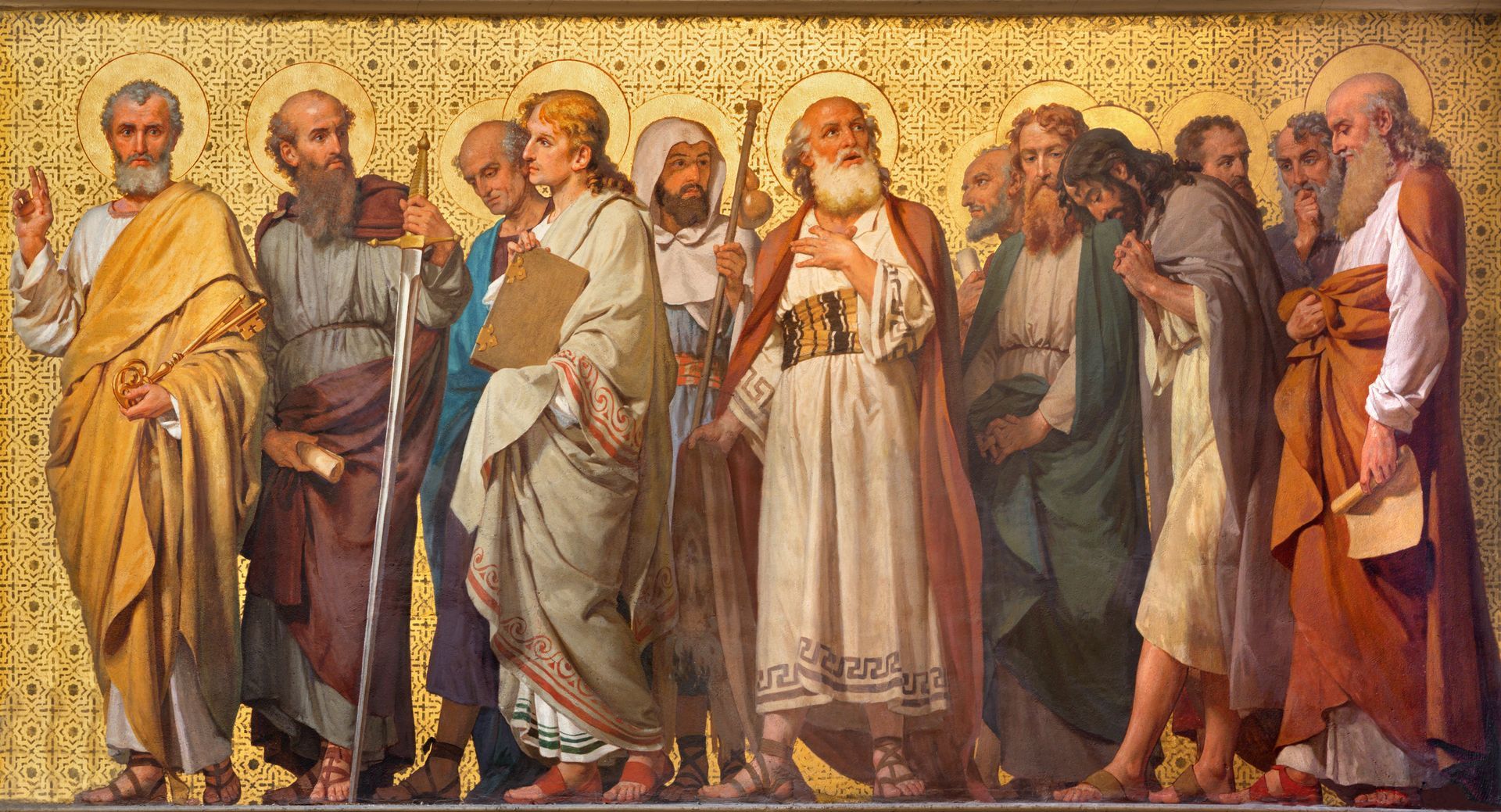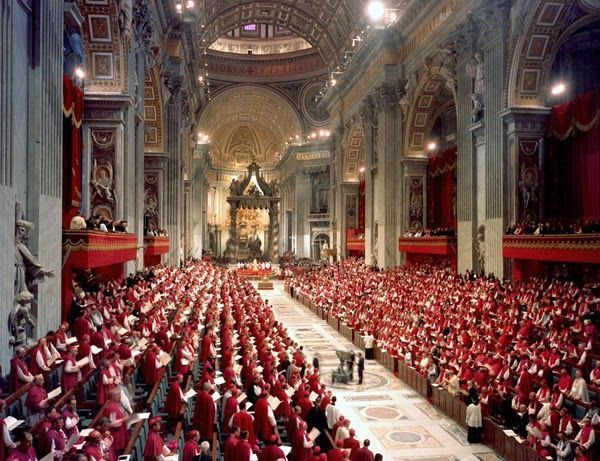Twelve Tribes and the Twelve Apostles
[Jesus] called his disciples to himself, and from them he chose Twelve, whom he also named apostles.
Luke 6: 13
Why is it significant that Christ chose Twelve Apostles?
"It is you who have stood by me in my trials; and I confer a kingdom on you, just as my Father has conferred one on me, that you may eat and drink at my table in my kingdom; and you will sit on thrones judging the twelve tribes of Israel."
Luke 22: 28-30
Jesus chose Twelve Apostles because they represent the Twelve Tribes of Israel, thus showing a link between the Old Covenant and the New Covenant.
In the Old Testament the number twelve is symbolic of perfection and completion, particularly in matters of governance. Hence, the twelve sons of Jacob gave rise to the Twelve Tribes of Israel, who combined to form a kingdom in the Promised Land, which had its political center in Jerusalem. In the New Testament when Christ was beginning his earthly ministry, he chose twelve of his disciples to be his inner circle, his Apostles, whom he endowed with special powers and responsibilities to govern his Church. They represented the Twelve Tribes of Israel of the Old Covenant and form the basis of the New Jerusalem, the heavenly kingdom that is the ultimate fulfillment of the New covenant. Ultimately, in Heaven the Twelve Apostles will judge the Twelve Tribes of Israel (cf. Luke 22:30). (Cf. CCC 551)
The number of Apostles reflects the continuity of the Old and New Law and the fulfillment of the Old Covenant in the New Covenant established by Christ. It also looks ahead to the everlasting Kingdom of Heaven, where the faithful will be gathered under God's holy reign. In the Book of Revelation, “twelve apostles of the Lamb" have their names inscribed on the twelve foundations of the city, underscoring the Apostles' foundational role in the building of God's kingdom through their apostolic ministry. (Cf. CCC 865)
[Jesus] called his disciples to himself, and from them he chose Twelve, whom he also named apostles.
Luke 6: 13
The number of Apostles reflects the continuity of the Old and New Law and the fulfillment of the Old Covenant in the New Covenant established by Christ. It also looks ahead to the everlasting Kingdom of Heaven, where the faithful will be gathered under God's holy reign. In the Book of Revelation, “twelve apostles of the Lamb" have their names inscribed on the twelve foundations of the city, underscoring the Apostles' foundational role in the building of God's kingdom through their apostolic ministry. (Cf. CCC 865)
The number twelve appears in other parts of Scripture, each of which symbolizes a perfection of governance. In the Old Testament there were twelve patriarchs from Shem (the son of Noah) to Jacob, whom God renamed Israel. The sons and tribes of Israel, though there were thirteen, are in every instance recorded as a list of twelve names, usually but not always excluding Levi. There were twelve people anointed to serve governmental functions, including Aaron, Saul, David, and Solomon. In the New Testament the Book of Revelation presents twelve foundations of the heavenly Jerusalem, twelve gates, twelve pearls, and twelve angels, all of which symbolize the perfection of Heaven.
The Catechism of the Catholic Church, paragraph 763 addresses this question.
- The Didache Bible
The Twelve Apostles
Peter, John, James, Andrew, Philip, Thomas, Bartholomew, Matthew, James son of Alphaeus, Simon the Zealot, Jude Thaddaeus, and Matthias.
What happened to the Twelve Apostles after Jesus died?
All of the apostles except for Judas Iscariot spent the remainder of their lives preaching the Gospel.
According to Tradition, Saints Peter, Andrew, James, Philip, Bartholomew, Matthew, Thomas, James the son of Alphaeus, Simon the Zealot, and Judas Thaddeus were all martyred for the faith.
Saint John, the Apostle who remained with Jesus at the Crucifixion, was the only Apostle to die a natural death – and this in spite of attempts to kill him by boiling him in oil.
Judas Iscariot, after betraying Jesus, committed suicide (see Matthew 5 and Acts of the Apostles 1:18).
After His Resurrection, Jesus foretold Peter’s future martyrdom.
[Jesus said], "Amen, amen, I say to you, when you were younger, you used to dress yourself and go where you wanted; but when you grow old, you will stretch out your hands, and someone else will dress you and lead you where you do not want to go.” He said this signifying by what kind of death he would glorify God.
Jesus Christ: True God and True Man
God reveals himself to us through the natural law, through his creation, through his Word, and through the Holy Spirit. Jesus Christ represents the fullness of Divine Revelation.



